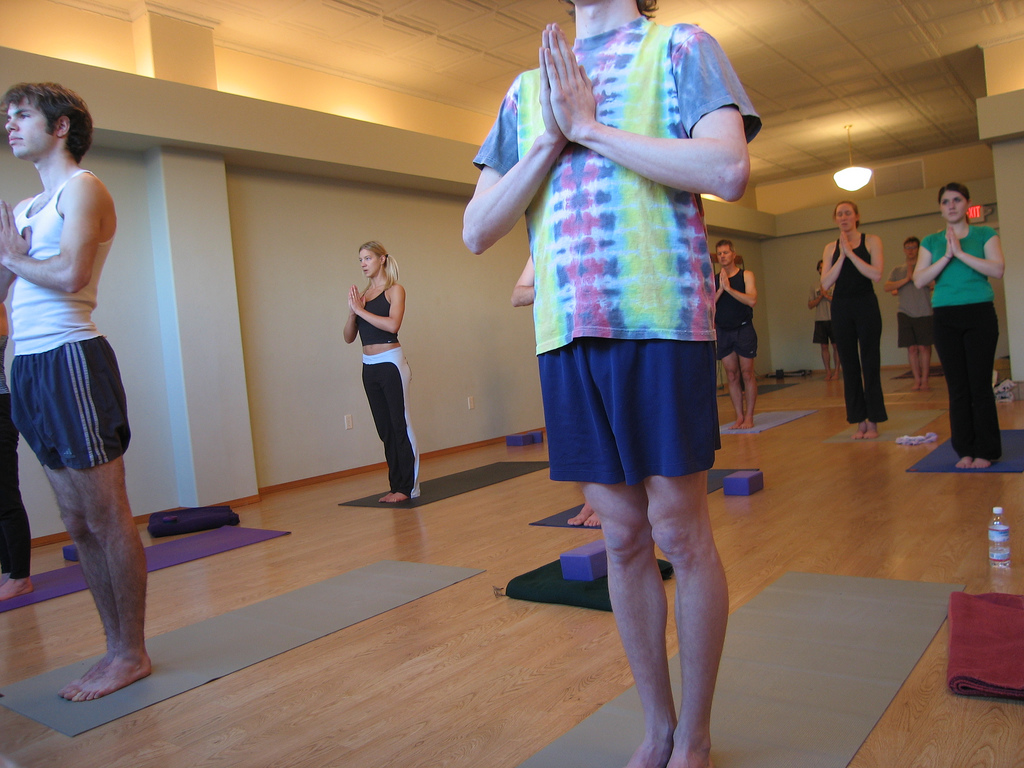
A Proven Prescription for Stress
Photo Credit: Evan Lovely, via Flickr Creative Commons
Stress: Stress is the response of the human organism to any change or demand. Acute stress is where the demand is immediate and the need to respond is instantaneous, but chronic stress is where the threat is prolonged and constant. It’s the pattern of chronic stress that can lead to disease.
Seventy-five to ninety percent of all visits to primary care physicians are for stress-related illness and stress has been shown to be a contributor to the 6 major causes of death in this country. According to a study by the Health Sciences Center, mental stress has an enormous impact on health. They recommend that, “it is important for primary care physicians to identify and manage the symptoms of mental stress in their patients.” When it’s not managed it leads to a wide variety of physical health issues such as compromised immune function and cardiovascular disease.
You can write a prescription for your own healing by organizing your life around your stress management
A big question is how can primary care physicians manage symptoms of stress in their patients? It’s challenging because managing stress is an inside job and requires us to take responsibility for our own states of mind and health.
In the traditional model of medicine our healing takes place outside of us. The doctor or nurse are supposed to take care of us and the medicines we take are supposed to heal us. We do, however, have responsibility in this process. Stepping up and stepping into the healing process makes it infinitely more satisfying and successful. We may not be able to change stressful situations, but we can change the way we respond to stress. Learning to manage stress can help us to respond in healthier ways.
Yoga For Managing Stress
The techniques of yoga, including postures, breathing, relaxation, meditation, and imagery have been shown to change the way we respond to stress or stressful situations. Ornish Lifestyle Medicine recommends yoga as part of the prescription for managing stress. Participants practice these stress management techniques for an hour a day. In his research, Dr. Ornish found that those who practiced more stress management/yoga in combination with nutrition, love and support, and fitness showed more reversal. Practicing more yoga correlated with more reversal.
Yoga has made its way into the mainstream and has been recognized internationally as a clinical tool for addressing stress and illness. In this study from the West Indies researchers conclude that “the relaxation induced by meditation helps to stabilize the autonomic nervous system with a tendency towards parasympathetic dominance. Physiological benefits, which follow, help yoga practitioners become more resilient to stressful conditions and reduce a variety of important risk factors for various diseases, especially cardio-respiratory diseases.”
Practicing yoga is something we can do to take responsibility for our health and well-being by directly affecting the stress response that has been known to contribute to so many diseases. At the core, yoga returns us to our inner healer. It shifts our awareness to an internal locus of control where we become our own healer.
As we step into that role, we begin to see our lives as made up of the choices we make. We begin to look to our own lifestyle choices and ourselves as the first line of intervention. When we organize our lives around a daily yoga practice, the impact of that practice shows up in how we feel. We begin to trust that what we do can make a difference in how we feel.
What have you found to help you manage stress?








